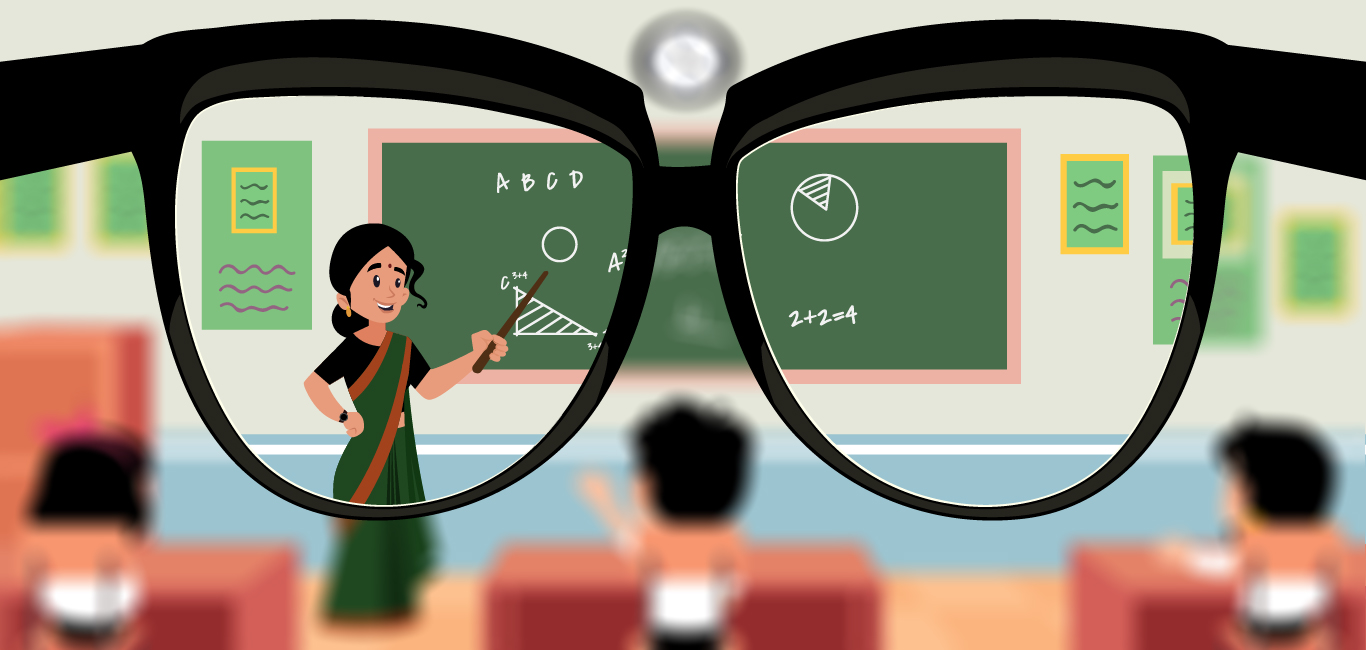
Propping your infant in front of a television screen or handing them a smartphone to watch a video to calm them down might give parents much-needed relief and a little breathing space. However, this could be detrimental to their overall development, a new study has found.
More screen time in young children can cause developmental delays in communication and problem-solving abilities, says the new study from Japan conducted among 7,097 Japanese children, published on Monday in JAMA Pediatrics.
How screen time affects your child’s development
The study found in particular that more than four hours of screen time per day at age 1 was associated with developmental delays in communication, problem-solving in children across ages two and four years.
The cohort study was conducted under the Tohoku Medical Megabank Project Birth and Three-Generation Cohort Study among pregnant women and their families recruited from 50 obstetric clinics and hospitals between July 2013 and March 2017.
The study found that those with exposure to greater than four hours of screen time per day at age 1 were 4.78 times more likely to have less developed communication skills by age 2. That is apart from 1.74 times more likely to have poorer fine motor skills. The study also found that children exposed to four or more hours of screen time per day were more likely to have poorer personal and social skills than their peers at age two.
Dr Piyush Gupta, former president of the Indian Academy of Pediatrics who was also one of the primary authors of the Academy’s ‘Guidelines on Screen Time and Digital Wellness in Infants, Children and Adolescents’ reiterates that for children in the 0-2 years age group, screen time should be zero. Many studies show screentime has an adverse impact on children who are exposed to screens early in life and use it excessively (more than one hour per day). Screen use for those in the 2 to 4 years age group can have adverse influences on the brain, on the development and performance later on,” says Dr Gupta.
“It also has adverse influences on their mental makeup, their intermingling and interactions with peers,” adds Dr Gupta.
Don’t use screen time as a distraction: Experts
Dr Gupta says that one of the biggest factors that contributes to early screen exposure and consequently, screen overuse is a misunderstanding among parents that screen time can help divert the child’s attention, calm them down and keep them busy.
“Earlier, parents used to actively play with the child and would either read to them, take them out on their daily grocery runs etc. Today, they just prop their very young children in front of screens while they go about their daily duties,” he says.
What parents can do to limit screen time
Dr Gupta says that to limit screen time, parents should actively engage the children. “Actively engage with the child, spend time with them- engage them in activities such as reading or just take them out to the park for some quality family time,” he recommends.
“Behaviour regulation, when it comes to gadget use, applies not only to children but also to the parents,” says Dr Nitin Anand, additional professor and consultant at the Service for Healthy Use of Technology (SHUT) clinic, National Institute of Mental Health and Neurosciences, Bengaluru, while adding that parents must themselves learn how to have a healthy engagement with technology and imbibe the same lessons in their children.
To keep young children away from screens, Dr Anand recommends increasing the child’s offline contact by encouraging them to make friends in real life. “Increasing opportunities for offline socialization can help children learn interpersonal skills, problem solving and assertiveness. They also receive appreciation, acknowledgment and a sense of belonging to a group in an offline environment. This will help them regulate their screen use as they are likely looking to fulfil these social needs through screen use.”
Takeaways
- A new study has found that more screen time at age 1 can lead to developmental delays in communication and problem-solving abilities at ages two and four years.
- For children in the 0-2 years age group, exposure to screen time should be zero.
- Increase the child’s offline contact- encourage your children to make friends in real life to keep the children away from screens.

















